Of the 20 North Carolina sites in the new report, six are in Western North Carolina — including the nonprofit’s No. 1 site, Interstate 40’s path through the Pigeon River Gorge.
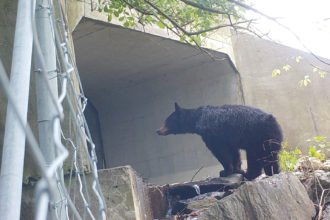

Of the 20 North Carolina sites in the new report, six are in Western North Carolina — including the nonprofit’s No. 1 site, Interstate 40’s path through the Pigeon River Gorge.
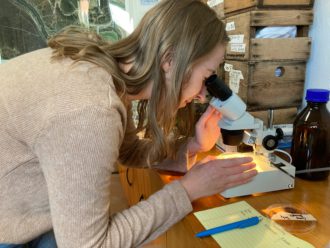
A study conducted by MountainTrue found an average of 19 microplastic particles — pieces smaller than 5 millimeters, formed by the breakdown of larger plastics — per liter of water in local river systems. Exposure to microplastics has been tied to allergic reactions and other health impacts in humans, as well as negative effects on fish.

In fiscal year 2019-20, the most recent year for which data is available, the city emitted the equivalent of roughly 18,000 metric tons of carbon dioxide. Its target for the year was approximately 15,600 metric tons of CO2, about 15% less than the actual figure.
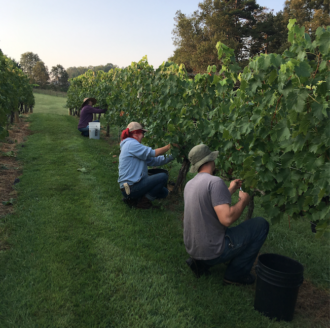
WNC’s family farms are broadening their horizons to explore new avenues for income.
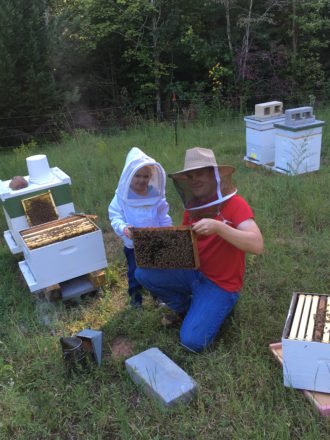
With amounts ranging from $3,000 to $6,000, the grants may seem small but can have a huge impact on growing farming operations.

“Our mission is to build sustainable farming communities in our mountain region by providing resources directly to small family farmers who are diversifying or expanding their operations.”
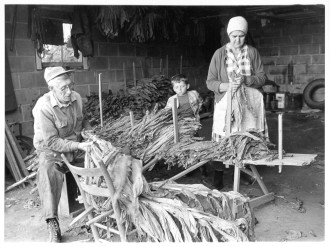
Few crops have been as central to North Carolina’s economy and culture — or as controversial — as tobacco. Historically, its high market value and the relative ease of growing it made tobacco a staple for many Western North Carolina farmers. As late as 2002, 1,995 mountain farms grew tobacco. The crop’s prevalence, however, was […]
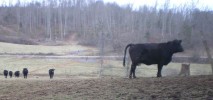
Amid the gentle hills and rolling pastures that surround the Mountain Horticultural Crops Research and Extension Center in Mills River, local farmers left their work behind on Thursday, Feb. 27, to attend the WNC AgOptions 2014 Award Ceremony.